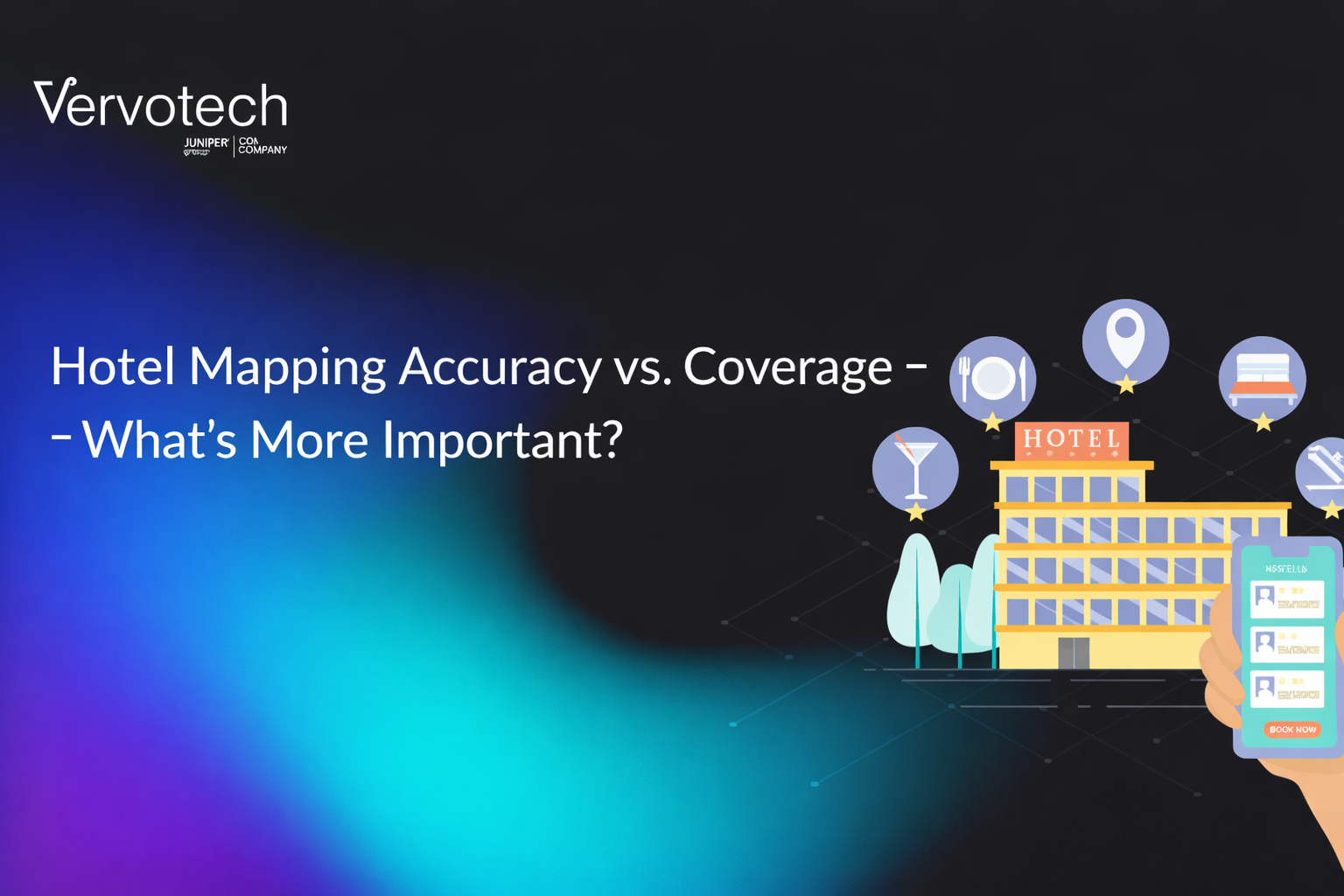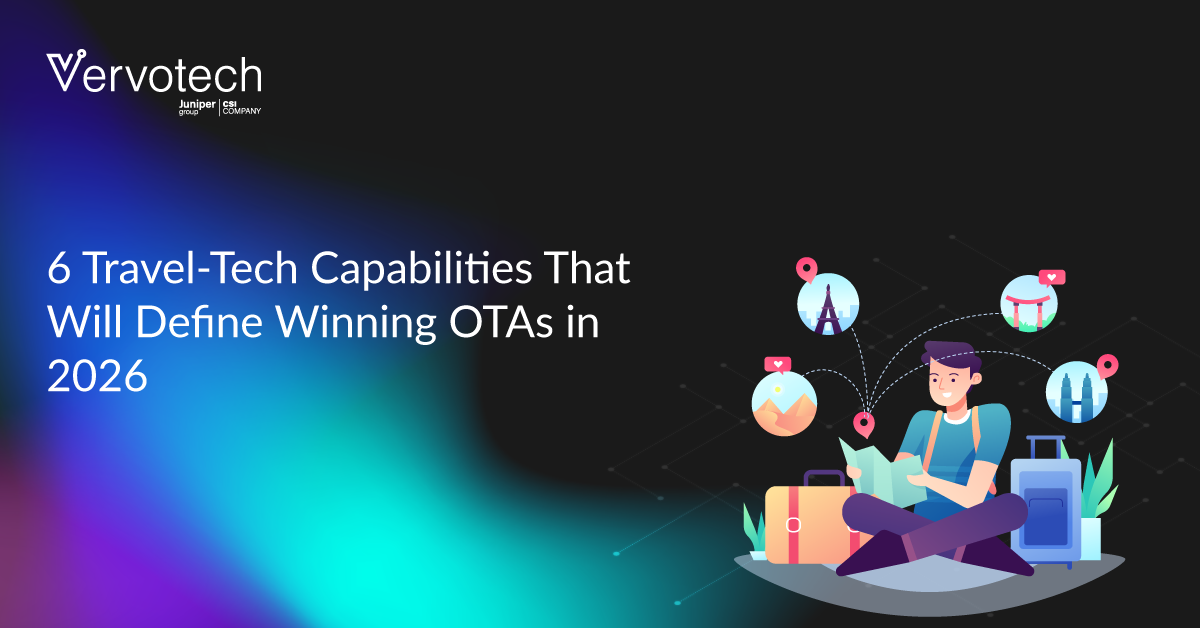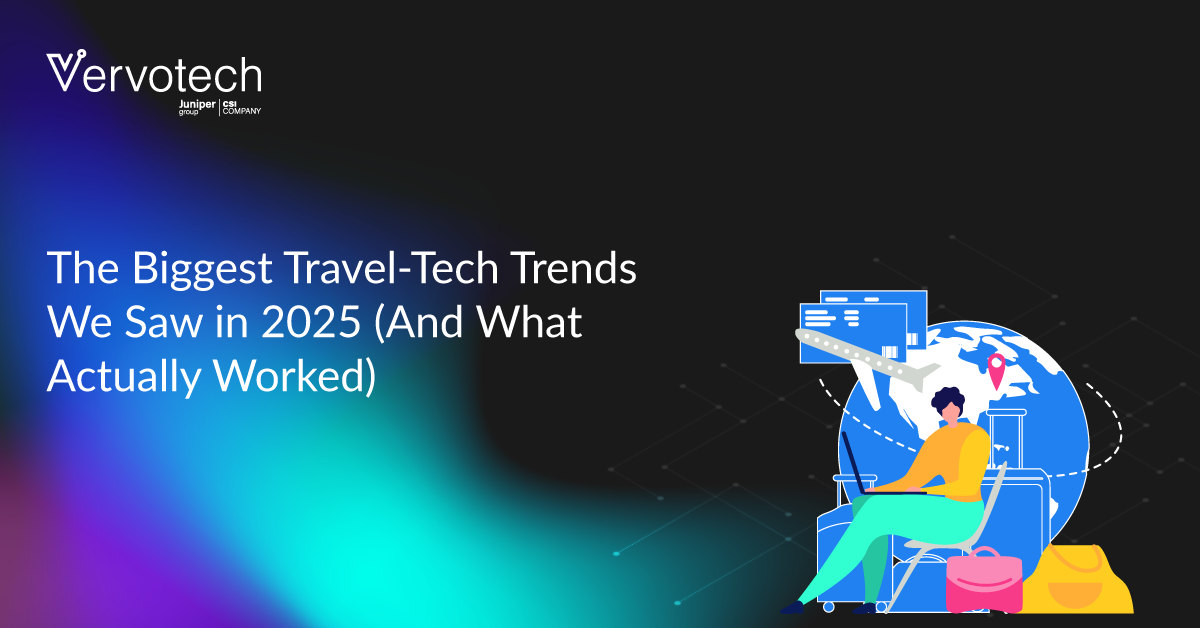Travel Smart, Spend Smart
This mantra has become synonymous with the way people travel these days, and rightly so! With smart phones dominating our everyday lives, we’re naturally wired to turn to our pocket-sized devices to explore, book, or pay for anything & everything.
And the same applies to travel. People enjoy convenience and technology gives them just that!
It has seeped into every phase of your travel experiences. It starts as early as you save your favorite travel influencer’s post for your favorite travel destination or join a social media community of like-minded travelers.
Next thing you know, you’re seeing ads of popular stays at that destination, restaurants, bars, cheap flights, and more. With just a few taps on a smartphone, you can seamlessly curate an entire travel experience- from flight bookings to hotel check-ins and everything in between.
Mobile commerce has not just improved travel; it has revolutionized it. If you’re curious to learn how, our upcoming event- Travel Connections 2025, is for you.

From Paper Tickets to Digital Boarding Passes: A Journey Through Time
Gone are the days of carrying around printed maps, standing in long queues for tickets, and making endless phone calls to book holiday accommodation.
We’ve come a long way from the era of handwritten itineraries and travel agents being the gatekeepers of our travel plans.
In the past (before the digital revolution), travel required meticulous preparation. Travelers relied heavily on guidebooks, paper tickets, physical maps, and travel agencies. Booking a trip was not just time-consuming but also came with its fair share of uncertainties.
Fast-forward to the digital age, and the travel landscape looks entirely different.
You start by browsing destinations on your mobile, book flights and accommodations via an app, and make secure payments with digital wallets. Upon arrival, mobile boarding passes and digital hotel check-ins replace paper documents, and you can even unlock your hotel room door using your phone. The seamless integration of mobile commerce has made travel into an efficient, paperless, and stress-free journey.
Also Read – Is Bliesure the Future of Business Travel?
The Influence of Mobile Commerce in the Travel Industry
Mobile commerce has become the backbone of the modern travel industry, touching every stage of the journey. Let’s break down its influence:
Mobile Apps: Travel apps from airlines, hotel chains, and booking platforms have made travel planning, booking, and managing itineraries incredibly convenient. From receiving real-time flight updates to exploring local attractions, everything is now available on your smartphone.
Exploring Travel Destinations Online: Social media influencers and travel platforms like TripAdvisor, Instagram, and Pinterest have changed how we discover travel destinations. Virtual tours, influencer reviews, and geotagged posts inspire travel decisions.
Booking Flights: With platforms like MakeMyTrip & Skyscanner, flight bookings are quick, transparent, and come with flexible payment options. They allow travelers to compare fares and book flights instantly.
Booking Hotels: Hotel booking apps like Airbnb and Booking.com provide filters, reviews, and instant confirmation. Mobile check-in and digital room keys have also eliminated the need for front-desk visits.
Integrated Payment Gateways: Secure payment gateways such as PayPal, Paytm, and Google Pay ensure seamless transactions, whether you’re booking a flight, reserving a hotel, or paying for local experiences.
Social Media Travel Content: Platforms like Instagram, TikTok, and YouTube are treasure troves of travel inspiration. User-generated content and influencer campaigns play a key role in destination marketing.
Online Travel Groups/Communities: Online communities like Facebook travel groups or Reddit forums provide valuable travel tips, local insights, and real-time updates from fellow travelers.
Also Read – Why Collaboration is Essential for Achieving One-Click Travel
The Rise of Mobile Commerce and the Growth of Online Travel Businesses
Online travel businesses have been around the corner of search engines, but the rise of mobile commerce widened their horizons like never before.
- Companies like Expedia, Booking.com, and Airbnb have eliminated the need for middlemen, allowing travelers to directly book flights, accommodations, and activities.
- For airlines and hotels, mobile commerce opened new revenue streams. Airlines can now upsell services such as extra baggage and priority boarding through their mobile apps.
- Hotels offer app-exclusive discounts, early check-ins, and loyalty rewards to customers who book through mobile platforms.
- Fintech companies and integrated payment gateways like PayPal, Google Pay, and Paytm have played a crucial role in facilitating secure and quick transactions.
- Local businesses, such as guided tour operators, car rental services, and boutique accommodations, have also benefited immensely by gaining visibility and accessibility through mobile platforms.
The interconnected ecosystem of mobile apps, secure payment gateways, and seamless communication channels has created a win-win situation for both travelers and businesses. While travelers enjoy convenience and transparency, businesses gain access to a global customer base with minimal operational hurdles.
Take Away
Mobile commerce has successfully broken the barriers of traditional travel, replacing them with seamless, efficient, and customer-friendly solutions while also helping several online travel businesses record growth.
With everything accessible at the touch of a screen, travel has become more than just a journey- it’s now a fully immersive digital experience. As technology continues to evolve, mobile commerce will only become more integral, ensuring that the future of travel truly fits in the palm of your hand.








